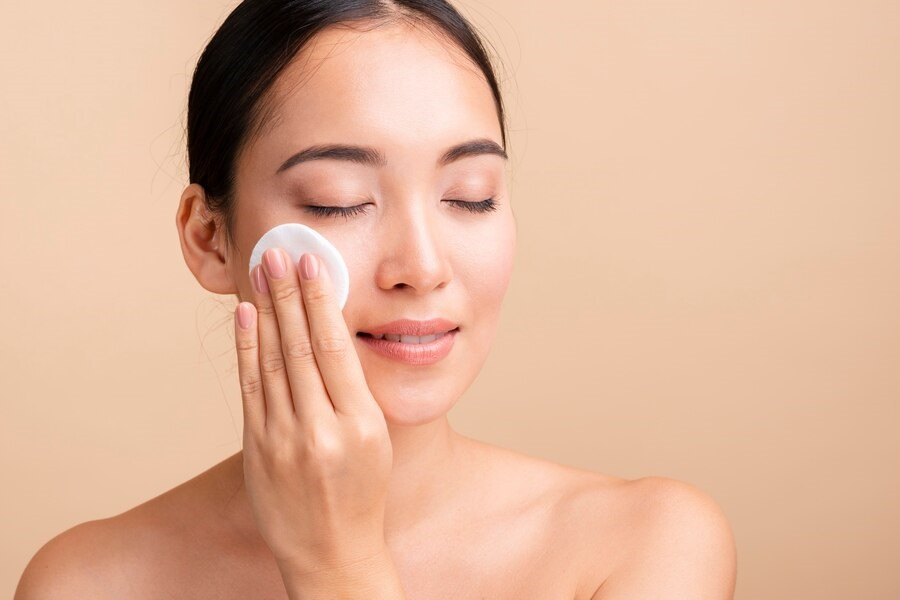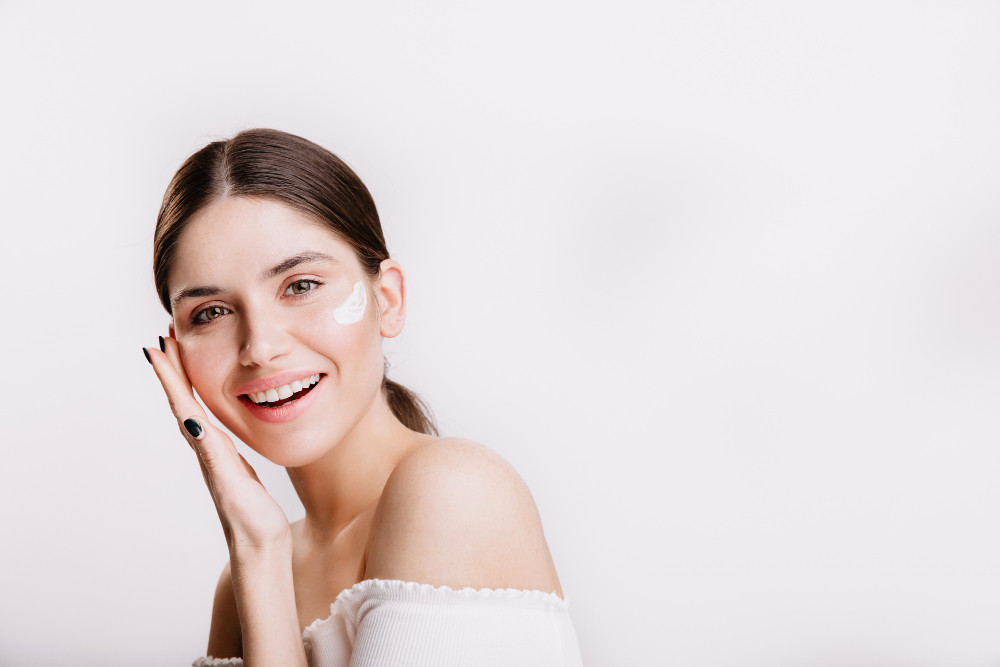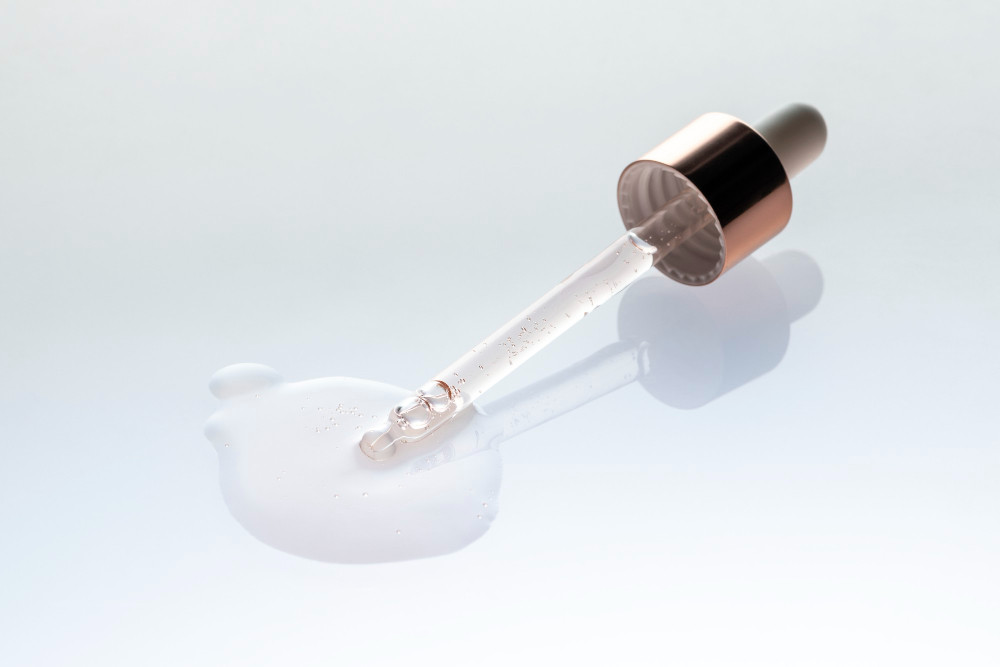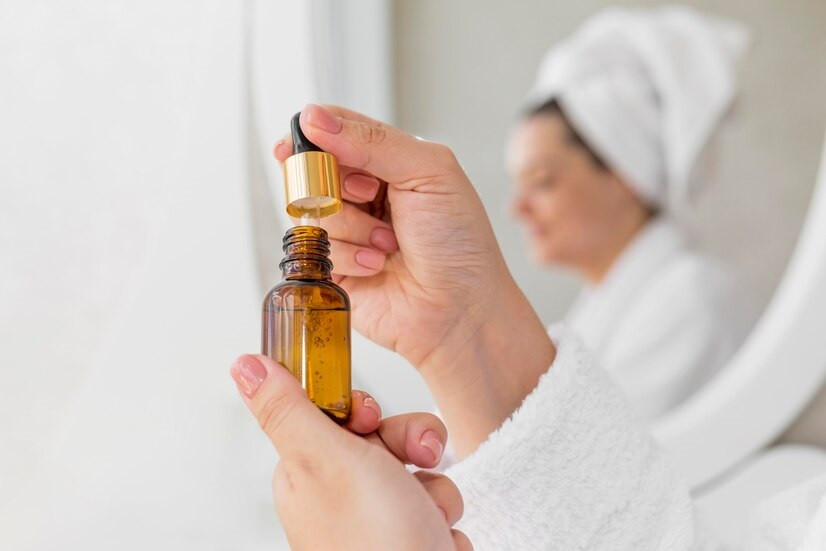Alpha-hydroxy acid, better known as AHA, is widely used in skincare products today. This group of acids provides numerous benefits for skin health and care. Learn more about AHAs and their benefits for skin health.
What are AHAs?
Alpha-hydroxy acids (AHA) are a group of organic acids that are commonly found in fruits. The acid group consists of:
- Lactic acid is commonly found in dairy products and fermented vegetables
- Glycolic acid comes from sugarcane
- Malic acid comes from apples
- Citric acid is found in citrus fruits
- Tartaric acid is found in grapes
AHAs are a group of acids with exfoliating properties, which means they can help slough off the top layer of skin to reduce dullness and even out texture. AHAs can benefit all skin types, but those with acidic skin, premature signs of aging, dry skin, oily and acne-prone skin, hyperpigmented skin, or who want a smoother skin texture should use them as a skincare product.
The frequency of AHA use varies according to skin type, response, and concerns. For a more effective skin treatment, combine AHAs with hydrating ingredients.
Please keep in mind that AHAs should not be used together with retinoids because they can cause skin dryness and irritation. It is best to use AHA and retinol separately, such as at night and in the morning.
Read more: AHA and BHA, What Are The Differences And Benefits
Benefits of AHAs for Skin Health
Regular use of AHAs can provide a variety of skin benefits, including:
- AHAs aid in the gentle removal of dead skin cells without the use of exfoliants, which can cause irritation
- AHAs help remove rough or scaly skin, improve skin texture, and reduce skin problems like dry skin, blemishes, and keratosis pilaris
- AHAs help speed up the turnover of new skin cells, reducing fine lines and wrinkles
- AHAs stimulate the production of collagen and elastin, which helps maintain skin firmness and elasticity
- AHAs help treat hyperpigmentation problems like melasma, age spots, and sun damage
- AHAs help prevent acne by removing dead skin cells that can clog pores, reducing breakouts
Read more Tips For Reducing Retinol Side Effects On The Skin
How to use products that contain AHA
To protect your skin, consider the following points before using AHA-containing skincare products:
- Before applying to a larger area of skin, test on a small area first
- If you experience irritation, stinging, or burning during the test, rinse immediately and avoid using the product
- If no negative reaction occurs, then follow the product usage instructions on the packaging
- Avoid using AHAs if you have sunburn or open wounds
- Use sunscreen because AHAs may increase sensitivity to UV rays
- For safety, choose skincare products that contain an AHA concentration of 10% or less
Overuse of AHAs can lead to excessive exfoliation, which is characterized by the following:
- Skin irritation
- Burning sensation
- Dryness of the skin
- Exfoliation
- Patches or uneven skin color
- Increased sensitivity to other products
Not every skin type is appropriate for AHAs. Before you begin using AHAs, consult with a dermatologist to ensure that the products you choose are appropriate for your skin's needs.
If you need medical advice or consultation, you can either visit a doctor or make use of the consultation features that are available in the Ai Care application by downloading the Ai Care application from the App Store or Play Store.
Looking for more tips and tricks for health, first aid, and other home treatments? Click here!
- Sean Edbert Lim, MBBS
Beth Sissons (2021). What are the benefits of alpha-hydroxy acid (AHA)?. Available from: https://www.medicalnewstoday.com/articles/alpha-hydroxy-acid
Stephanie S. Gardner, MD (2023). AHA and BHA for Skin: What to Know. Available from: https://www.webmd.com/beauty/aha-bha-skin-exfoliate
Melani Rud Chadwick (2023). How (and When) to Use AHA In Your Skincare Routine, According to Dermatologists. Available from: https://www.byrdie.com/alpha-hydroxy-acid-for-skin-4844378
Lauren Sharkey (2021). What to Know Before Combining AHA and Retinol in Your Skin Care Routine. Available from: https://www.healthline.com/health/beauty-skin-care/aha-and-retinol
Sheau Chung Tang and Jen Hung Yang (2018). Dual Effects of Alpha-Hydroxy Acids on the Skin. Available from: https://www.ncbi.nlm.nih.gov/pmc/articles/PMC6017965/











